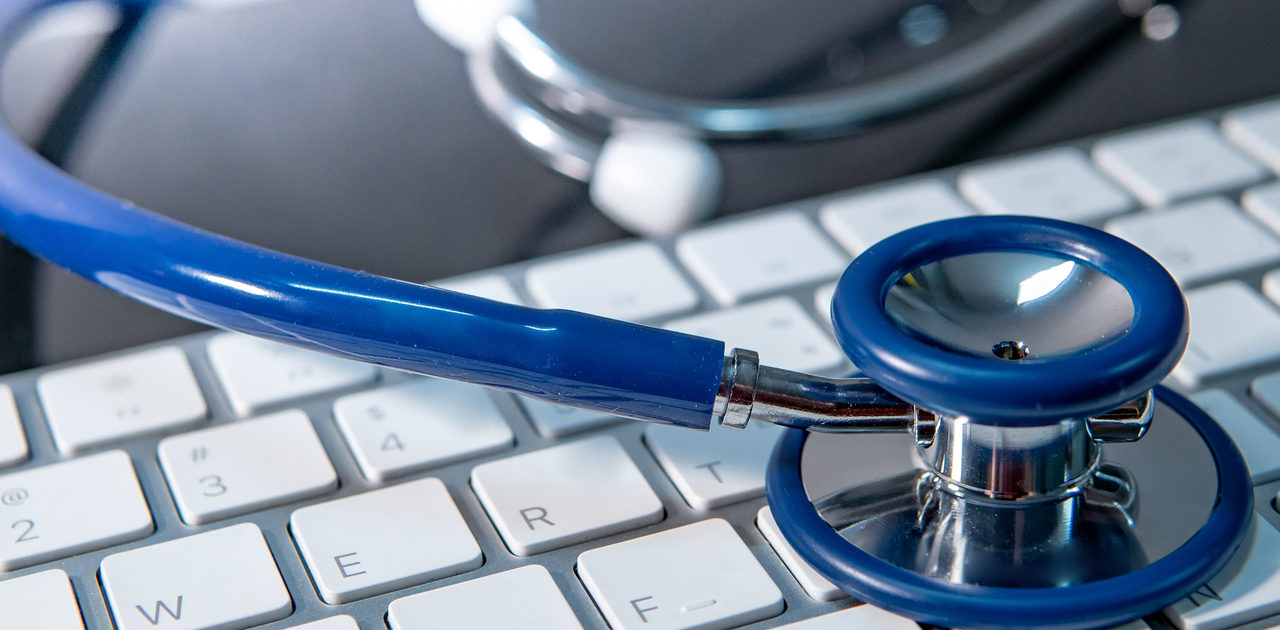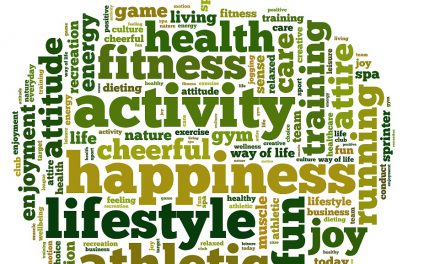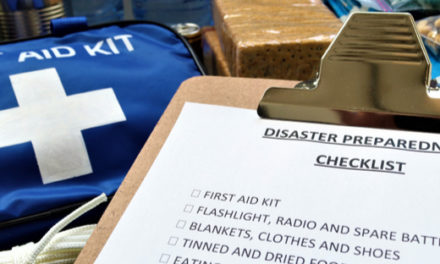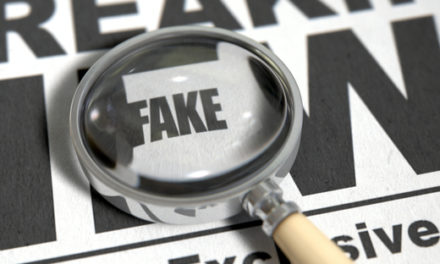
Health and Diet Advice on the Internet: What to Believe?
Be warned … the list of senseless and downright harmful health and diet information and bad advice found on the Internet is a very long one.
To view the full article please register below:
Health and Diet Advice on the Internet: What to Believe?
The list of senseless and downright harmful health and diet information and bad advice found on the Internet is a very long one. For many years we’ve received health and diet advice that may be compromised. Consider these frightening examples:
- Vaccines cause Autism (they do not)
- Get flat abs in minutes/day (you can’t)
- Never go to bed angry (yeah, try resolving a problem when you’re tired and angry; sleep will help to cool matters and put you in a better mood)
- Detox with [fill in the blank] (foods don’t detoxify your body as your body’s organs perform that job very well on their own; drinking more water and eating more sensibly is always a safe bet)
Let’s Hear from the Experts
The Internet can be an amazing resource for learning, but individuals need to consult responsible and knowledgeable sources. Here’s what the experts say about using the Internet to live a healthier life.
When evaluating the legitimacy of the information or advice on any health or diet Web site or app, the National Institutes of Health suggests asking yourself these simple questions:
- Who runs or created the site or app? Can you trust them?
- What is the site or app promising or offering? Are the claims too good to be true?
- When was the information written or reviewed? Is the information recent?
- Where does the information come from? Is it science based?
- Why does the site or app exist? Is it selling something?
It’s true, there is a difference between the Mayo Clinic Web site and some blog written by someone who read a book.
While there is plenty of good information on the Internet, the challenge is distinguishing it from the mounds of bad information that a Google search will also dredge up.
Making that job a bit easier is a useful reference guide created by Johns Hopkins. This important guide will not only help identify signs of a scam, but it lists its best recommendations for information on a full range of health-related topics, from advanced care planning and medicine safety to reliable health apps and getting payment help with medicine.
For additional recommended sites on cancer and heart health issues, click here.
See referenced disclosure (2) at https://blog-dev.americanportfolios.com/disclosures/












